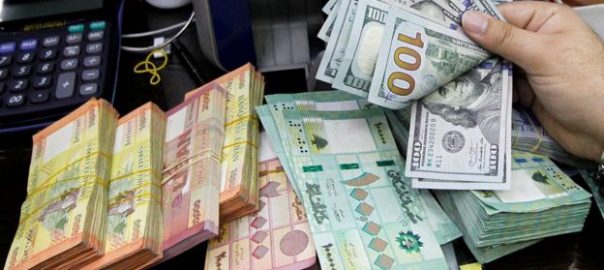July 2020. An unprecedented economic crisis in Lebanon has pushed tens of thousands people into poverty and triggered the largest anti-government protests the country has seen in more than a decade. Even before the coronavirus pandemic at the start of this year, Lebanon seemed to be headed for a crash. Its public debt-to-gross domestic product (what a country owes compared to what it produces) was the third highest in the world; unemployment stood at 25%; and nearly a third of the population was living below the poverty line. Late last year also saw the unravelling of what analysts said was effectively a state-sponsored pyramid, or Ponzi, scheme run by the central bank, which was borrowing from commercial banks at above-market interest rates to pay back its debts and maintain the Lebanese pound’s fixed exchange rate with the US dollar. At the same time, people were getting increasingly angry and frustrated about the government’s failure to provide even basic services. They were having to deal with daily power cuts, a lack of safe drinking water, limited public healthcare, and some of the world’s worst internet connections. Many blamed the ruling elite who have dominated politics for years and amassed their own wealth while failing to carry out the sweeping reforms necessary to solve the country’s problems.
Jul 2020. The Lebanon Crisis
